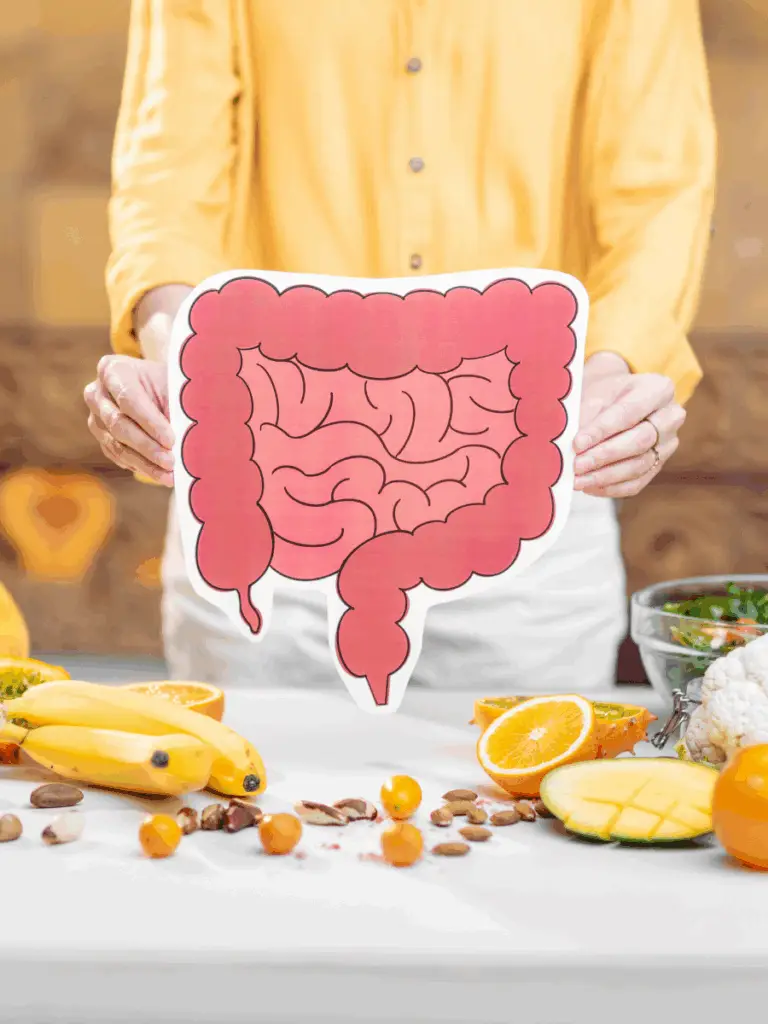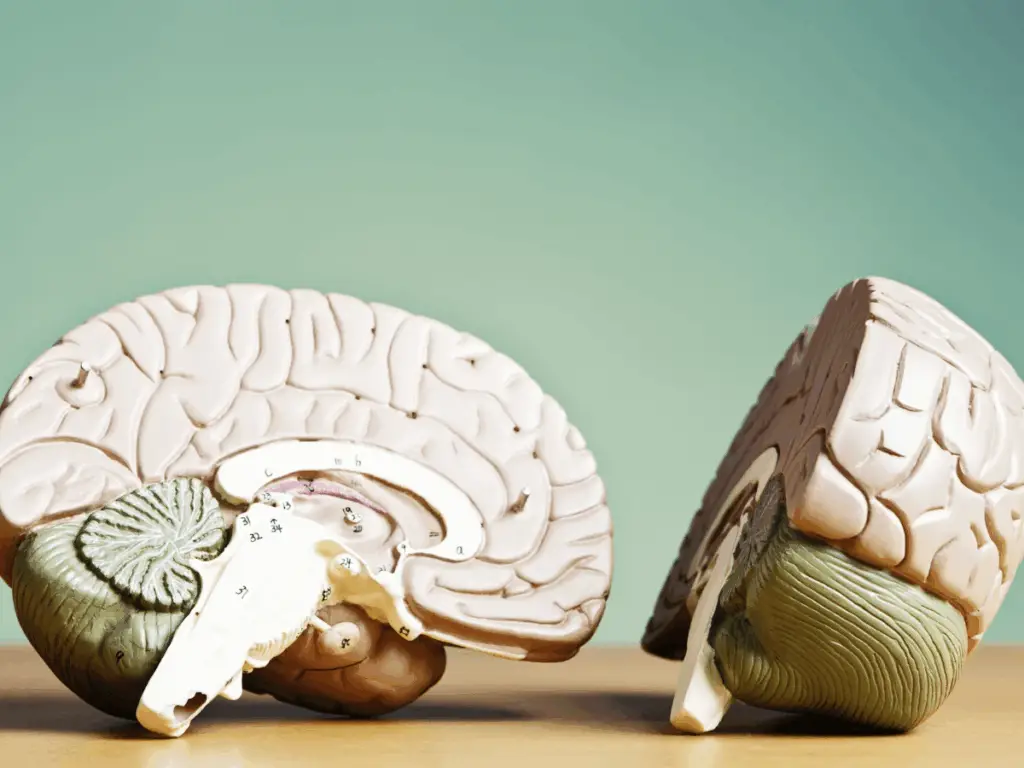
The secret to a strong immune system and smooth digestion lies within your gut. Your body is home to trillions of tiny organisms responsible for how healthy you feel every day.
These bacteria, fungi, and other microbes are collectively known as microflora.
They quietly shape nearly every aspect of your health, from digestion and immunity to mood and skin health. Your microflora work behind the scenes to keep your body balanced.
Most of us overlook microflora when it comes to understanding our health. But when we experience symptoms like boating, fatigue, or brain fog, fostering a healthy microbiome of flora can help bring relief.
Let’s break down what microflora are, why they matter, and how you can keep them thriving.
An imbalance (called dysbiosis) can lead to bloating, fatigue, skin issues, low immunity, or mood changes.
Yes.
Women have unique microflora needs, especially in the vaginal tract, where balance protects against infections.
Yes.
About 70% of the immune system lives in the gut, and microflora help train immune cells to respond properly.
Probiotics are live good bacteria, while prebiotics are fibers that feed them. Both are important for balanced microflora.
Yes.
Probiotic and prebiotic supplements can help rebuild balance, especially after illness or antibiotic use.
The microflora in your intestines help break down the food your body can’t digest on its own.
Everybody knows to take fiber if you have digestive issues. But the reality is you body can’t directly digest fiber!
Fiber actually feeds the microflora in our GI tract, enabling them to improve our digestion efforts.
In return, they produce compounds called short-chain fatty acids, which nourish your gut lining and help regulate inflammation.
When microflora are balanced, digestion feels smooth. You may find that you’re regular, less bloated, and more comfortable.
But if the balance tips, you might notice constipation, diarrhea, or gas.
Supporting your microflora with fiber-rich foods and probiotics can go a long way in maintaining healthy digestion.

Roughly 70-80% of your immune system lives in your gut.
Your microflora are constantly training your immune cells to recognize the difference between harmless substances and real threats. When your microflora are diverse and balanced, your immune system responds appropriately.
On the flip side, imbalances can leave you more vulnerable to infections, allergies, or autoimmune issues.
Supporting your microflora means supporting your immune defenses at the same time.
It may sound surprising, but your microflora influence your mood, memory, and mental clarity through something called the gut-brain axis.
Serotonin and dopamine, the crucial neurotransmitters for mood and concentration, are largely produced by the microbes residing in your intestinal tract.
When your gut microflora are balanced, you may feel calmer, more focused, and less anxious. But low diversity in gut bacteria has been linked to issues like brain fog, depression, and anxiety.
Caring for your microflora doesn’t just help your body, it can also support a healthier, more balanced mind.
For women, microflora play an especially important role beyond digestion.
In the vaginal tract, microflora (primarily Lactobacillus) create a healthy acidic environment that protects against harmful bacteria and yeast.
Hormonal changes (such as those during the menstrual cycle, pregnancy, or menopause) can affect this delicate balance.
When disrupted, women may experience recurrent infections, discomfort, or other health concerns.
Nurturing microflora with good nutrition, probiotics, and healthy habits helps protect women’s reproductive and urinary health while keeping the body’s overall balance in check.

Your microflora may be invisible, but their impact on your health is enormous. From digestion and immunity to brain health and women’s wellness, these tiny organisms touch almost every part of your life.
The good news? Small changes like eating more fiber, enjoying probiotic-rich foods, and taking care of your gut health can go a long way toward keeping your microflora balanced.
And when your microflora thrive, so do you.
Have questions about probiotics, prebiotics, or gut health? Our pharmacists are here to help you explore personalized options that fit your health goals.





